Last updated on September 2nd, 2024 at 08:27 pm
- Key Aspects of Nietzsche’s Philosophy
- The Genesis of Transvaluation
- The Critique of Traditional Morality
- The Need for a New Moral Framework
- The Challenges and Consequences of Revaluing Morality
- Transvaluation of Aesthetic Values
- Transvaluation of Power
- Transvaluation as a Path to Overcoming Nihilism
- Transvaluation of the Concept of Truth
- Transvaluation of the Idea of the Self
- The Contemporary Relevance of Nietzsche’s Transvaluation
- Conclusion: The Ongoing Challenge of Transvaluation
Friedrich Nietzsche, one of the most influential philosophers of the 19th century, introduced the concept of the “transvaluation of all values” (Umwertung aller Werte) as a central tenet of his philosophical project. This radical idea represents Nietzsche’s attempt to challenge and ultimately overturn traditional moral frameworks, particularly those rooted in Judeo-Christian ethics and Enlightenment rationalism.
At its core, the transvaluation of all values is Nietzsche’s call for a fundamental reevaluation of the moral, ethical, and cultural foundations of Western civilization. He argued that the prevailing moral systems of his time – and indeed, throughout much of Western history – were based on what he termed “slave morality,” a set of values that arose from the resentment of the weak against the strong.
Nietzsche contended that these traditional values, far from being universal or divinely ordained, were human constructs that often served to stifle human potential and creativity. The transvaluation he proposed was not simply a reversal of existing values, but a complete reexamination of the basis on which we determine what is valuable, good, or virtuous.
Key Aspects of Nietzsche’s Philosophy
To understand the transvaluation of all values, it’s crucial to consider several key aspects of Nietzsche’s philosophy:
- The Death of God: Nietzsche famously proclaimed that “God is dead,” meaning that the idea of a divine, objective source of morality and meaning was no longer tenable in the modern world. This created a moral vacuum that necessitated the creation of new values.
- Will to Power: Nietzsche posited that the fundamental drive in human beings (and indeed, in all of nature) was the will to power – not necessarily political power, but the drive to grow, expand, and overcome.
- Master vs. Slave Morality: Nietzsche distinguished between “master morality,” which values strength, nobility, and self-affirmation, and “slave morality,” which he saw as arising from resentment and valuing humility, compassion, and equality.
- Übermensch: The concept of the Übermensch (often translated as “superman” or “overman”) represents Nietzsche’s ideal of a person who has overcome human limitations and created their own values.
Nietzsche’s call for a transvaluation of all values has had a profound impact on philosophy, literature, and cultural criticism. It has influenced existentialist thinkers, postmodernists, and various counterculture movements. However, it has also been subject to misinterpretation and misuse, most notoriously by the Nazi regime, which selectively appropriated and distorted Nietzsche’s ideas.
The concept continues to challenge us to question our assumptions about morality, culture, and the human condition. It invites us to consider whether our values truly serve to enhance life and human flourishing, or whether they constrain our potential.
The Genesis of Transvaluation
Friedrich Nietzsche, a man whose very name evokes images of intellectual rebellion, introduced the concept of transvaluation as a direct assault on traditional morality. But what drove this brilliant philosopher to propose such a revolutionary idea? To understand this, we must first explore the world Nietzsche inhabited and the intellectual climate that shaped his thinking.

Born in 1844 in Prussia, Nietzsche came of age during a time of great social and philosophical upheaval. The Industrial Revolution was in full swing, Darwin’s theory of evolution had shaken the foundations of religious belief, and the old certainties of European society were crumbling. It was in this context of rapid change and uncertainty that Nietzsche developed his radical ideas.
Nietzsche’s philosophy is characterized by a relentless questioning of accepted norms and a fierce dedication to intellectual honesty. He saw the moral values of his time as outdated, restrictive, and ultimately harmful to human flourishing. In his view, these values were not eternal truths but rather human constructions, shaped by history, culture, and power dynamics.
“It is my ambition to say in ten sentences what others say in a whole book.” – Friedrich Nietzsche
This quote perfectly encapsulates Nietzsche’s approach to philosophy. He sought to distill complex ideas into powerful, provocative statements that would challenge his readers and force them to confront uncomfortable truths.
The Critique of Traditional Morality
At the heart of Nietzsche’s transvaluation is a scathing critique of traditional morality, particularly the Judeo-Christian ethical framework that dominated Western thought. Nietzsche argued that this moral system, far from being divinely ordained or objectively true, was in fact a human creation designed to serve specific social and psychological needs.
Nietzsche’s turning of existing values upside down was not a mere intellectual exercise. He saw it as a necessary step in freeing humanity from what he considered to be life-denying values. In his view, traditional morality, with its emphasis on humility, self-sacrifice, and the denial of worldly pleasures, was fundamentally opposed to the fullness of human experience and potential.
“There is more wisdom in your body than in your deepest philosophy.” – Friedrich Nietzsche
This quote reflects Nietzsche’s belief in the importance of embracing our physical, earthly existence rather than denying it in favor of abstract moral ideals or promises of an afterlife.
Nietzsche’s critique extended to the very concepts of “good” and “evil.” He argued that these were not objective categories but rather human judgments, often reflecting the interests of particular groups or individuals. In his genealogical approach to morality, Nietzsche sought to uncover the hidden motivations behind our moral beliefs and expose the power dynamics that shaped them.
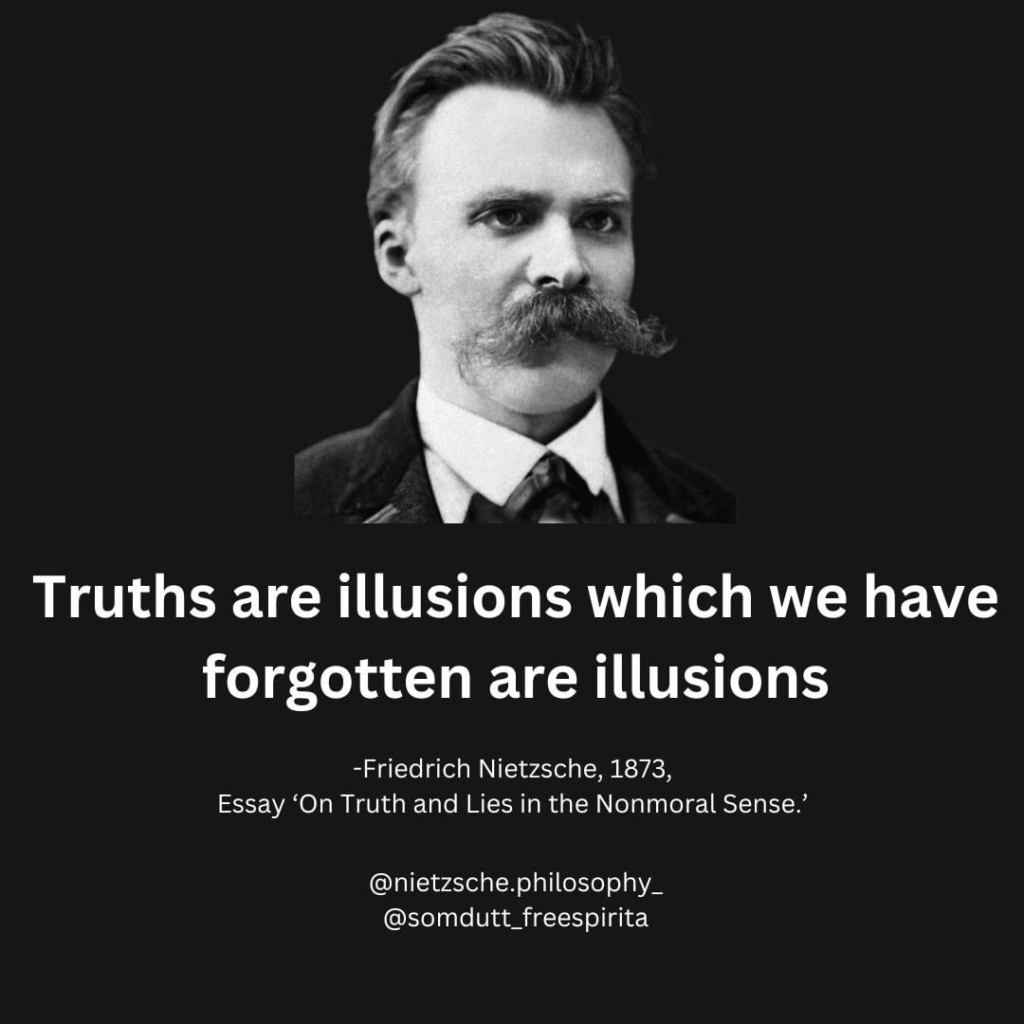
The Need for a New Moral Framework
Having dismantled traditional morality, Nietzsche didn’t simply leave us in a moral vacuum. Instead, he called for the creation of new values that would better serve human flourishing and creativity. This is where the true revolutionary potential of transvaluation comes into play.
Nietzsche’s concept of becoming who you are is intimately tied to his idea of transvaluation. He believed that by freeing ourselves from the constraints of inherited moral systems, we could more authentically express our true nature and potential.
“One must still have chaos in oneself to be able to give birth to a dancing star.” – Friedrich Nietzsche
This poetic statement encapsulates Nietzsche’s belief in the creative potential of embracing chaos and uncertainty. Rather than clinging to rigid moral absolutes, he encouraged us to dance with the complexity of existence and create our own meaning.
Nietzsche’s call for a new moral framework was not a prescription for selfishness or amorality. Rather, he envisioned a more nuanced, life-affirming set of values that would encourage personal growth, creativity, and the full expression of human potential.
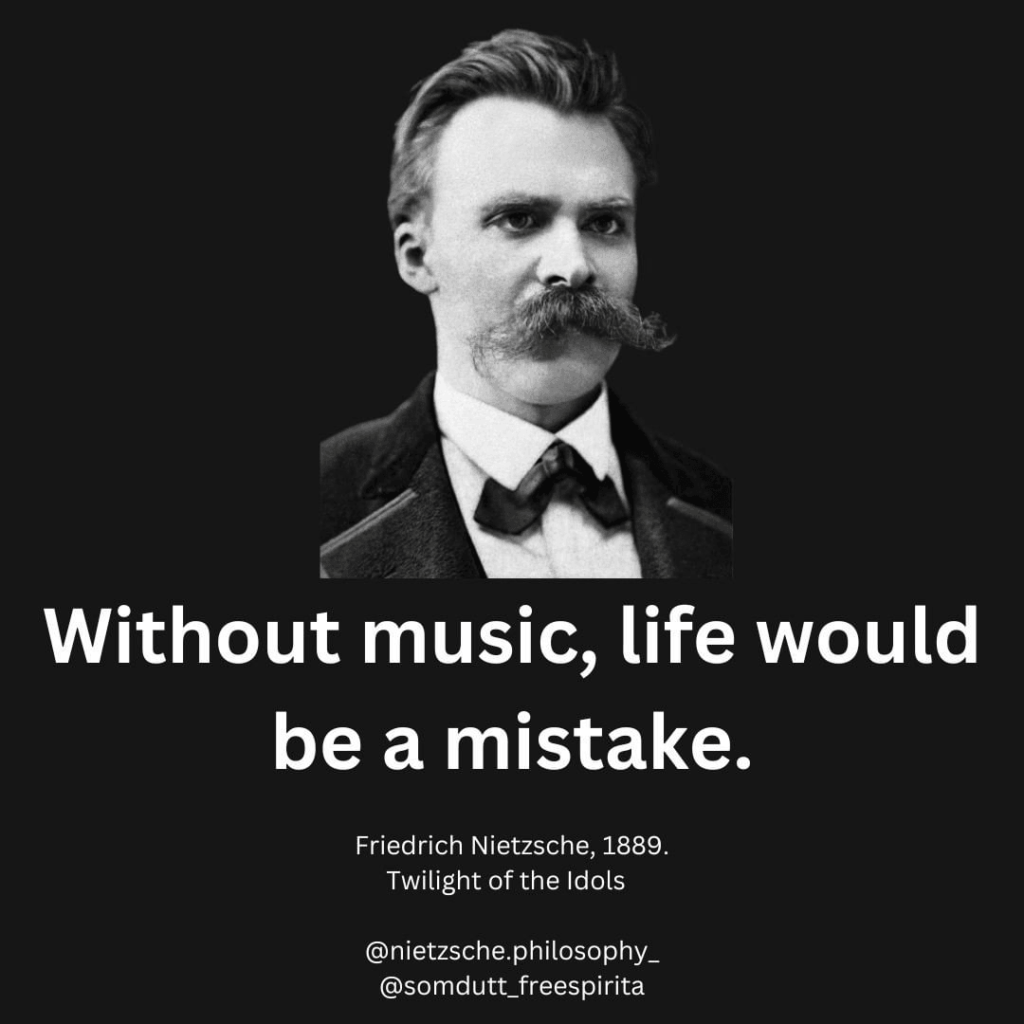
The Challenges and Consequences of Revaluing Morality
The process of transvaluation is not an easy one. It requires tremendous intellectual courage and a willingness to confront uncomfortable truths about ourselves and our society. Nietzsche was well aware of the challenges and potential dangers inherent in his philosophical project.
One of the primary challenges of transvaluation is the psychological discomfort it can cause. Our moral beliefs are often deeply ingrained and tied to our sense of identity. Questioning these beliefs can lead to a profound sense of disorientation and existential anxiety.
“He who has a why to live for can bear almost any how.” – Friedrich Nietzsche
This quote speaks to the importance of finding meaning and purpose in life, even (or especially) when faced with the challenge of revaluating our most fundamental beliefs.
Another consequence of transvaluation is the potential for social conflict. Our moral values don’t exist in isolation; they’re shared by communities and societies. Challenging these shared values can lead to misunderstanding, ostracism, and even conflict.
How Nietzsche became a legend is partly due to the controversy his ideas generated. His radical philosophy was often misunderstood and misappropriated, leading to both fervent devotion and fierce criticism.
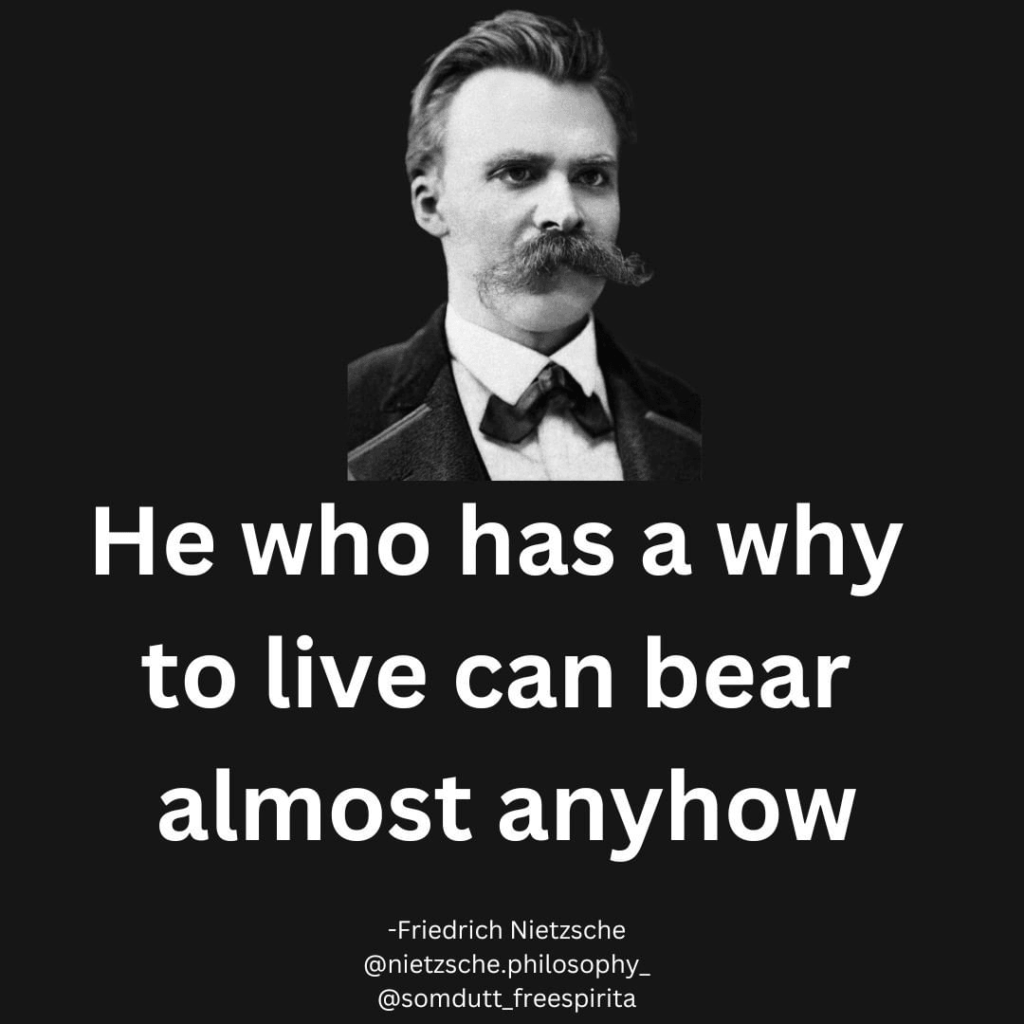
Transvaluation of Aesthetic Values
Nietzsche’s concept of transvaluation extends beyond morality to encompass all areas of human value judgment, including aesthetics. Just as he challenged traditional moral values, Nietzsche also questioned established notions of beauty and artistic merit.
In the realm of art and aesthetics, Nietzsche advocated for a more expansive, life-affirming approach. He rejected the idea that art should serve a moral purpose or conform to predetermined standards of beauty. Instead, he saw artistic creation as a powerful means of self-expression and a way to affirm the fullness of life, including its chaotic and tragic aspects.
“We have art in order not to die of the truth.” – Friedrich Nietzsche
This quote reflects Nietzsche’s belief in the transformative power of art. For him, art was not merely a form of entertainment or decoration, but a vital means of coping with the often harsh realities of existence.
Nietzsche’s ideas on aesthetics have had a profound influence on modern art movements. His emphasis on individual expression, rejection of rigid rules, and embrace of the chaotic and irrational aspects of human experience resonated with many artists in the 20th century and beyond.
The best way to live is to live dangerously, according to Nietzsche, and this applies to artistic creation as well. He encouraged artists to push boundaries, challenge conventions, and take risks in their creative endeavors.
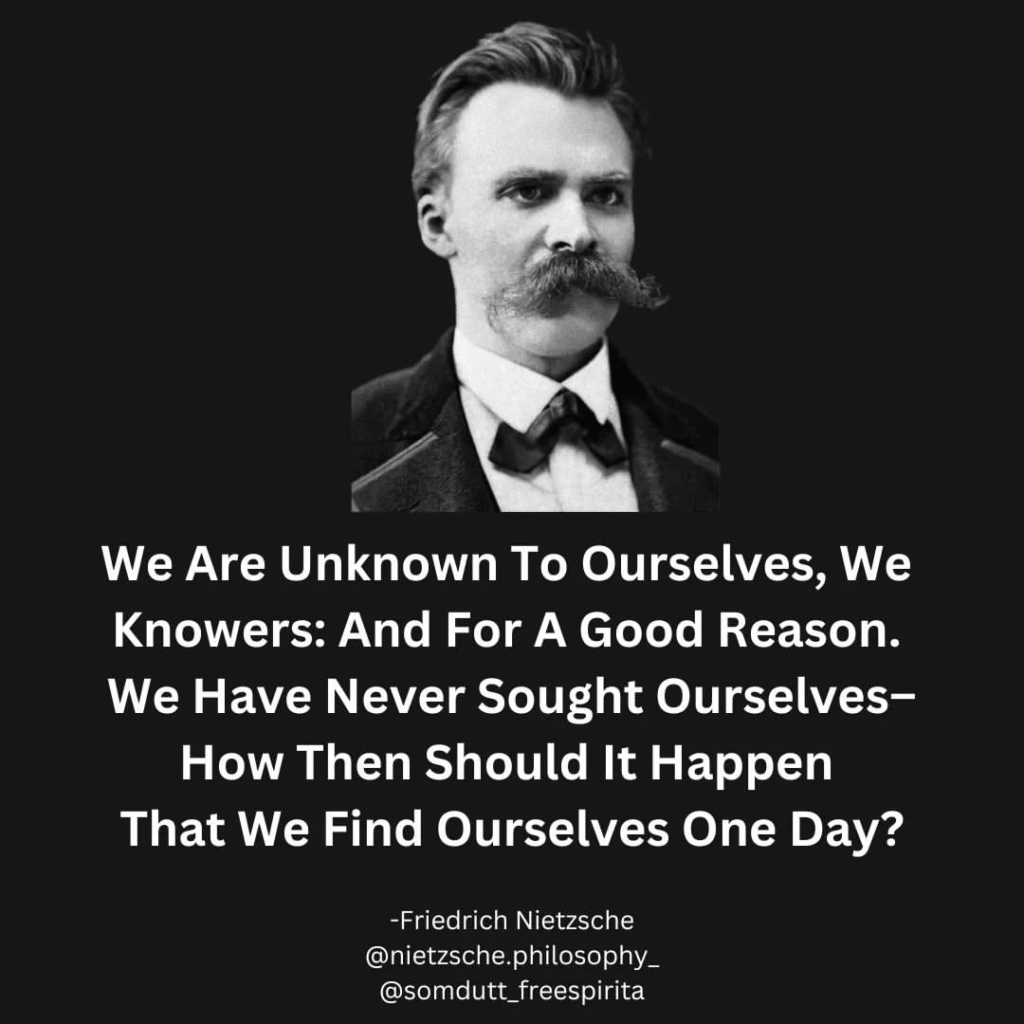
Transvaluation of Power
Another crucial aspect of Nietzsche’s philosophy of transvaluation is his revaluation of the concept of power. In contrast to traditional views that often equated power with domination or oppression, Nietzsche offered a more nuanced understanding.
For Nietzsche, power was not simply about controlling others, but about self-mastery and the ability to create one’s own values. He introduced the concept of “will to power,” which he saw as the fundamental driving force behind all human behavior.
“The will to power is the will to live.” – Friedrich Nietzsche
This quote encapsulates Nietzsche’s view that the drive for power is not something negative or to be suppressed, but rather a natural and necessary aspect of human existence.
In transvaluating power, Nietzsche challenged us to think beyond simplistic notions of good and evil, strong and weak. He argued that true strength lies not in dominating others, but in overcoming oneself and one’s own limitations.
The rise of narcissism in modern society can be seen as a misinterpretation of Nietzsche’s ideas about power and self-creation. While Nietzsche advocated for self-affirmation, he did not endorse the kind of shallow self-aggrandizement often associated with narcissism.
Transvaluation as a Path to Overcoming Nihilism
One of the most significant aspects of Nietzsche’s philosophy of transvaluation is its role in combating nihilism. Nietzsche saw nihilism – the belief that life is meaningless and that traditional values and beliefs are unfounded – as a looming crisis for Western civilization.
Nietzsche believed that the decline of traditional religious and moral beliefs would lead to a profound sense of disorientation and despair. However, he did not see this as an entirely negative development. Instead, he viewed it as an opportunity for a radical reevaluation of values.
“To live is to suffer, to survive is to find some meaning in the suffering.” – Friedrich Nietzsche
This quote reflects Nietzsche’s belief that meaning is not something given to us, but something we must create for ourselves. The transvaluation of all values is, in essence, a call to embrace this creative task.
Nietzsche’s proposed alternative to nihilism involves embracing the chaos and uncertainty of existence, affirming life in all its complexity, and creating our own values. This is encapsulated in his concept of “amor fati” – love of fate.
“My formula for greatness in a human being is amor fati: that one wants nothing to be different, not forward, not backward, not in all eternity. Not merely bear what is necessary, still less conceal it—all idealism is mendacity in the face of what is necessary—but love it.” – Friedrich Nietzsche
This profound statement encourages us to embrace our lives fully, including all their hardships and challenges. It’s a call to find meaning and beauty even in suffering, and to take responsibility for creating our own values and purpose.
Strategies for breaking free from mediocrity and overcoming mental illness often draw inspiration from Nietzsche’s philosophy. His emphasis on self-overcoming and the creation of personal meaning resonates with many people struggling with depression, anxiety, or a sense of meaninglessness.
Transvaluation of the Concept of Truth
Nietzsche’s transvaluation extends even to our understanding of truth itself. He challenged the traditional philosophical notion of truth as something objective and absolute, arguing instead for a more perspectival understanding.
For Nietzsche, there are no “facts,” only interpretations. He believed that our understanding of the world is always shaped by our particular perspective, our biases, and our will to power. This doesn’t mean that Nietzsche was a relativist who believed all interpretations are equally valid. Rather, he encouraged a more nuanced, critical approach to truth claims.
“There are no facts, only interpretations.” – Friedrich Nietzsche
This provocative statement encapsulates Nietzsche’s skepticism towards claims of absolute truth. It challenges us to question our own assumptions and to recognize the inherent limitations of human knowledge.
Nietzsche’s critique of truth extends to scientific knowledge as well. While he respected the rigor of scientific inquiry, he was skeptical of the idea that science could provide us with absolute, objective truths about reality. He saw scientific theories as useful fictions rather than perfect representations of reality.
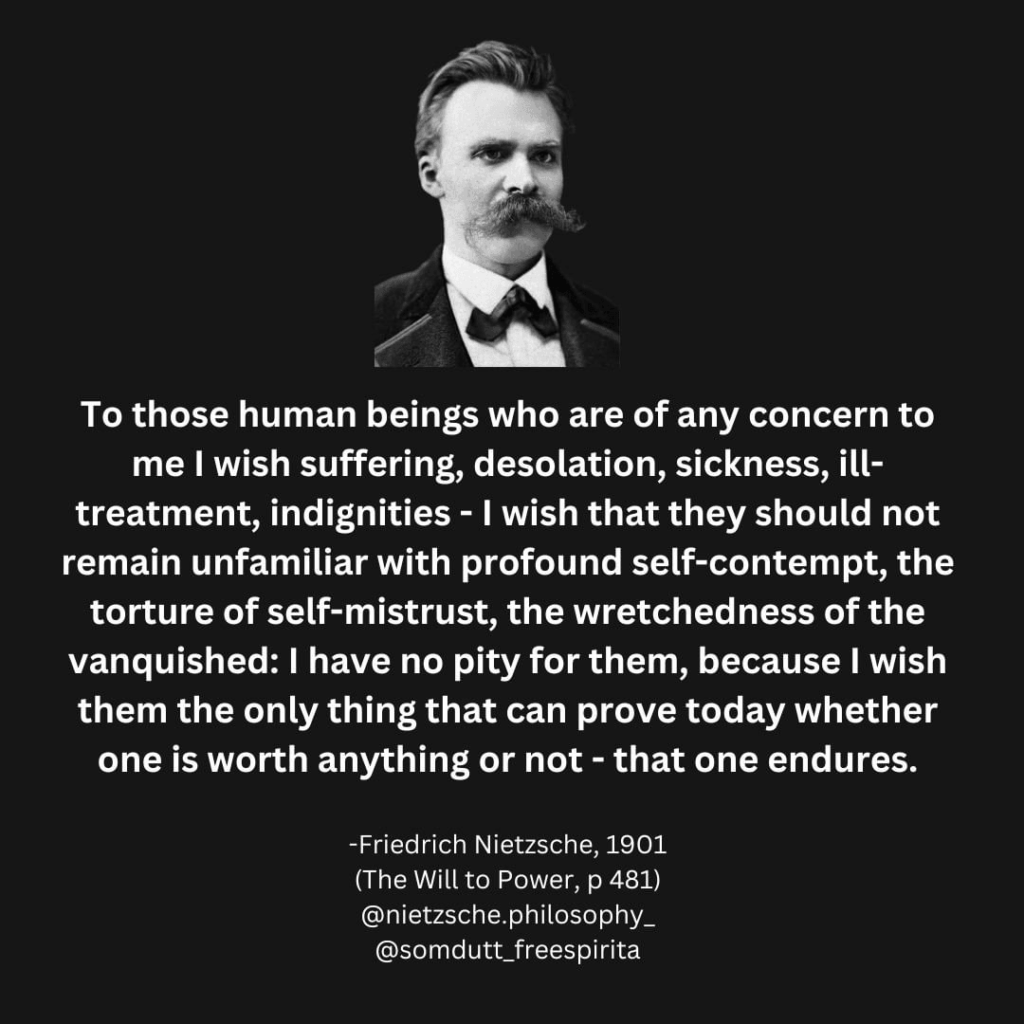
This perspective on truth has profound implications for how we approach knowledge and understanding. It encourages a more open, curious attitude towards different perspectives and interpretations. At the same time, it places a greater responsibility on individuals to critically examine their own beliefs and the beliefs of others.
Jean-Paul Sartre’s philosophy, while distinct from Nietzsche’s in many ways, shares some commonalities in its emphasis on individual responsibility and the creation of meaning. Both philosophers challenge us to confront the uncertainty of existence and take responsibility for our own beliefs and values.
Transvaluation of the Idea of the Self
Nietzsche’s transvaluation also extends to our understanding of the self. He challenged the traditional notion of a unified, stable self, arguing instead for a more fluid, multiple conception of identity.
For Nietzsche, the self is not a fixed entity but a dynamic process of becoming. He encouraged individuals to embrace this multiplicity and to continually recreate themselves.
“The individual has always had to struggle to keep from being overwhelmed by the tribe. If you try it, you will be lonely often, and sometimes frightened. But no price is too high to pay for the privilege of owning yourself.” – Friedrich Nietzsche
This quote reflects Nietzsche’s belief in the importance of individual authenticity, even in the face of social pressure. It’s a call to resist conformity and to forge one’s own path.
Nietzsche’s concept of the self is closely tied to his idea of self-overcoming. He believed that we should constantly strive to surpass ourselves, to become more than we are. This process of self-overcoming is not about achieving some fixed, ideal state, but about embracing constant growth and transformation.
Carl Jung’s theory of synchronicity, while different from Nietzsche’s ideas, shares some commonalities in its emphasis on the complexity and depth of the human psyche. Both thinkers challenged simplistic notions of the self and encouraged a more nuanced, multifaceted understanding of human identity.
The Contemporary Relevance of Nietzsche’s Transvaluation
Despite being formulated over a century ago, Nietzsche’s concept of transvaluation remains deeply relevant to our contemporary world. In an era characterized by rapid technological change, global interconnectedness, and shifting social norms, Nietzsche’s call to question our inherited values and create new ones resonates strongly.
The challenges we face today – from climate change to social inequality to the ethical implications of artificial intelligence – require us to rethink many of our fundamental assumptions and values. Nietzsche’s philosophy provides us with tools for engaging in this critical reevaluation.
“The surest way to corrupt a youth is to instruct him to hold in higher esteem those who think alike than those who think differently.” – Friedrich Nietzsche
This quote speaks to the importance of cultivating independent thought and embracing diversity of perspective – qualities that are crucial in our increasingly complex and interconnected world.
How joyfulness boosts creativity and quality of life aligns with Nietzsche’s emphasis on life-affirmation and the celebration of human potential. His philosophy encourages us to embrace life in all its complexity and to find joy in the process of creation and self-overcoming.
Conclusion: The Ongoing Challenge of Transvaluation
As we conclude our exploration of Nietzsche’s concept of transvaluation, we’re left with both a challenge and an opportunity. The challenge is to critically examine our own values, to question the assumptions that underlie our beliefs and behaviors. This is no easy task – it requires courage, honesty, and a willingness to confront uncomfortable truths.
The opportunity, however, is immense. By engaging in the process of transvaluation, we open ourselves up to new possibilities, new ways of understanding ourselves and the world around us. We free ourselves from the constraints of outdated values and create space for more authentic, life-affirming ways of being.
“And those who were seen dancing were thought to be insane by those who could not hear the music.” – Friedrich Nietzsche
This final quote beautifully encapsulates the revolutionary nature of Nietzsche’s philosophy. To engage in transvaluation is to hear a different music, to dance to a different rhythm. It may seem insane to those still bound by traditional values, but for those who embrace it, it offers a path to greater freedom, creativity, and self-realization.
Nietzsche’s transvaluation of all values is not a fixed destination but an ongoing process. It’s a call to continual questioning, growth, and self-overcoming. As we face the challenges of our contemporary world, Nietzsche’s philosophy offers us valuable tools for navigating complexity, embracing change, and creating meaning in an uncertain world.
The task of transvaluation is not an easy one, but as Nietzsche himself might say, the greatest rewards often come from the greatest challenges. So let us embrace this task with courage, curiosity, and a spirit of joyful creativity. In doing so, we honor not only Nietzsche’s legacy but also our own potential for growth and self-realization.




